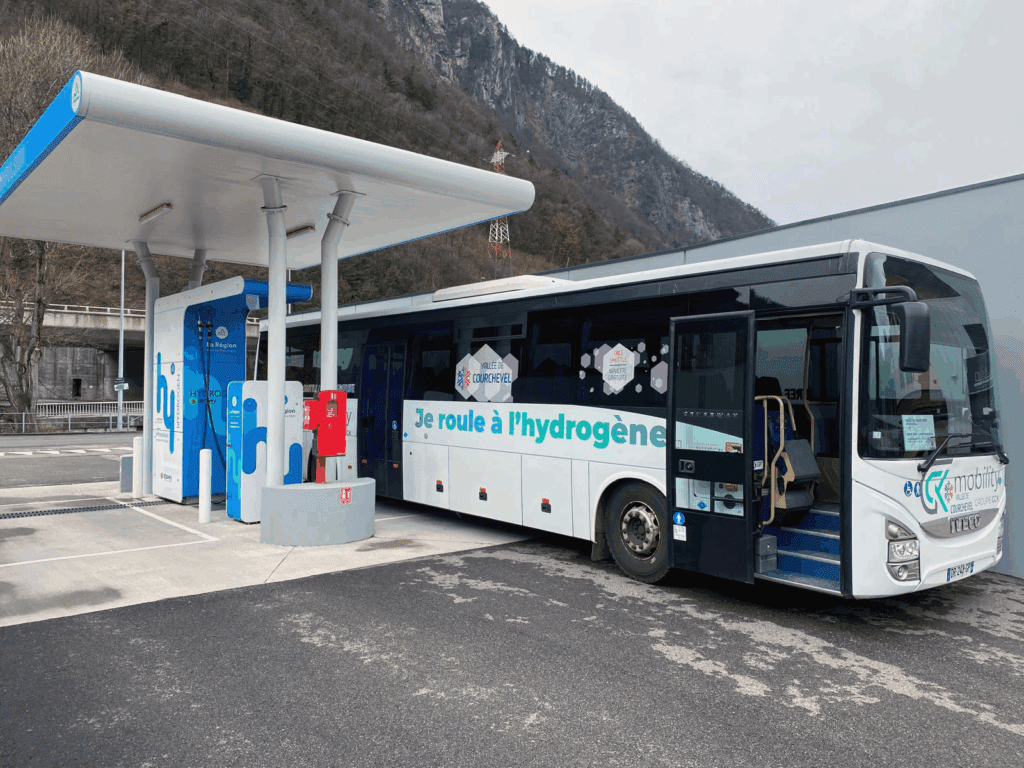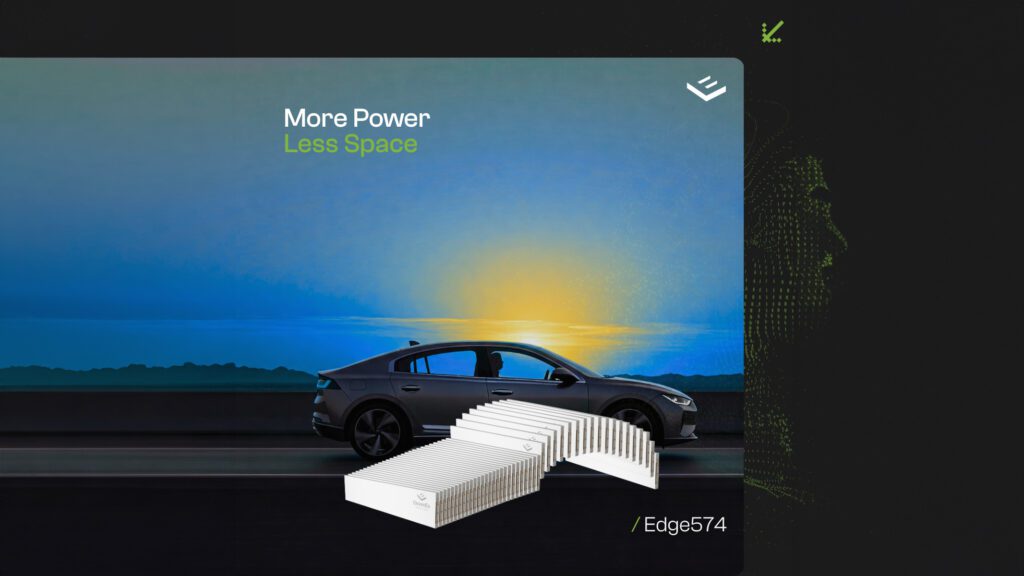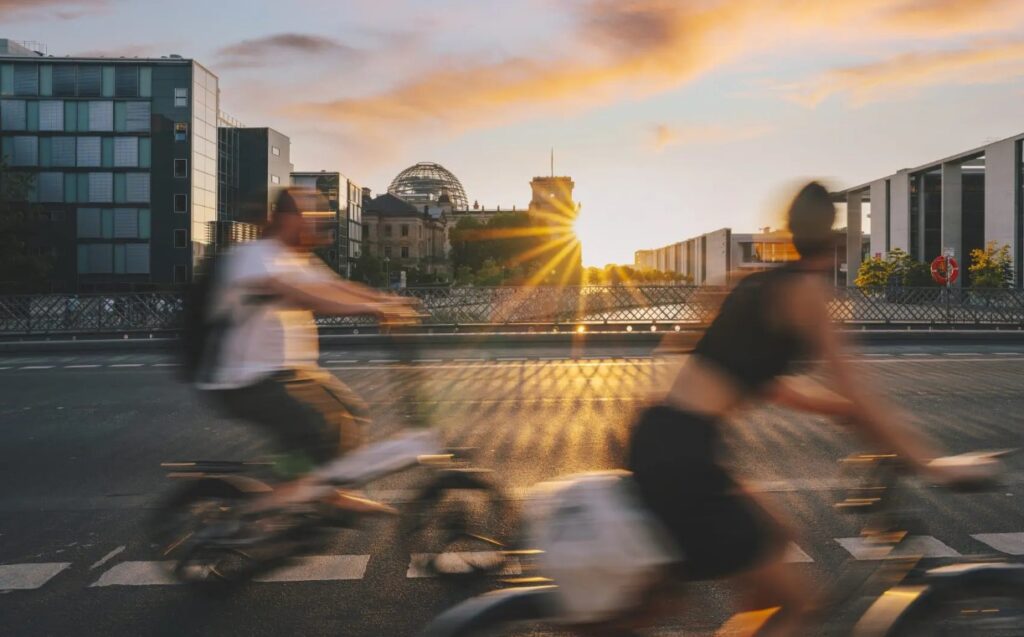An article published as part of Duckt’s participation to the Sustainable Mobility Forum by Hub Institute.
Duckt develops micro-mobility solutions for cities. Created with the aim of rising to the challenges posed by charging, transport and safety in new methods of urban travel (scooters and electric bikes in particular), the start-up’s target market is local communities and companies as well as individuals. Its focus is on new mobility issues and the concept of Infrastructure-as-a-Service (IaaS).
The unregulated beginnings of shared mobility
On 23 July last year, the City of Paris called time on the chaos and designated Lime, Dott & TIER as the sole operators of electric scooters in Paris for the next two years. The previous year, by establishing a code of conduct (ban on parking on pavements, reduction of the speed limit to 20 kph, creation of areas marked on the ground as restricted parking zones [RPZ], etc.), the city introduced a series of measures to restrict the unregulated development of operators, described as “total chaos” by Jean-Louis Missika, the former deputy planning officer for the city of Paris.
Despite the relative success of this new code, the nightmare continues for many French cities which are still reluctant to develop a self-service scooter provision.

The development of removable batteries: a first step towards sustainability in shared micro-mobility
Having won the call for tenders, the 3 chosen operators undertook to provide users with scooters fitted with removable batteries. This plan ensured a reduction in flows linked to vehicle charging and maintenance, a decrease in the associated problems and a lowering of running costs for operators. In addition, this new operational process has led to a more viable business model for micro-mobility operators.
However, this limited freefloating model is experiencing some significant problems in terms of compliance by all Parisians. Indeed you only have to walk around the streets of Paris or browse Google Maps to realise that the lack of infrastructure makes it impossible to organise these vehicles properly. The GPS used for parking scooters in RPZ zones is not accurate enough. Every day we help return vehicles left on pedestrian crossings or pavements. Almost 20% of these zones, which are indicated with only ground markings, are occupied by other vehicles (scooters, cars, etc.), making it all the more difficult for users to return them.
Lastly, due to the lack of infrastructure, a lot of scooters end up on the ground, which increases the need for operator maintenance and spoils the appearance of the city’s streets.

Universal infrastructure: the solution to the organised development of soft mobility
As the winner of a call for testing by Paris&Co Urbanlab (city of Paris innovation laboratory), Duckt provides a solution to these problems by linking public transport and micro-mobility, thus ensuring improved accessibility to the Left Bank of Paris. Our “dock, lock and charge” infrastructure provides total security and recharging for all scooters and electric bikes. This innovative system reduces operational and environmental costs for operators (reduced recharging and maintenance flows) and organises the parking of scooters and electric bikes while also improving the user experience by allowing vehicles to be returned in seconds.
We combine this innovation with a disruptive business model, Infrastructure-as-a-Service, the aim of which is to share with local communities the income generated through the use of our stations by micro-mobility operators.
Our IaaS solution is totally in line with the wish of local communities to move away from town planning that is too geo-centred on cars, by providing a first and last mile infrastructure for soft mobility. This approach is both honest and forward-looking, as it allows us to release funding to redefine the city of the future. 50% of public space in Paris is occupied by cars, said David Belliard at the Sustainable Cities Summit on 15 September last year: revegetation, pedestrianisation and soft mobility infrastructure will be the driving force behind calmer and more sustainable cities.



